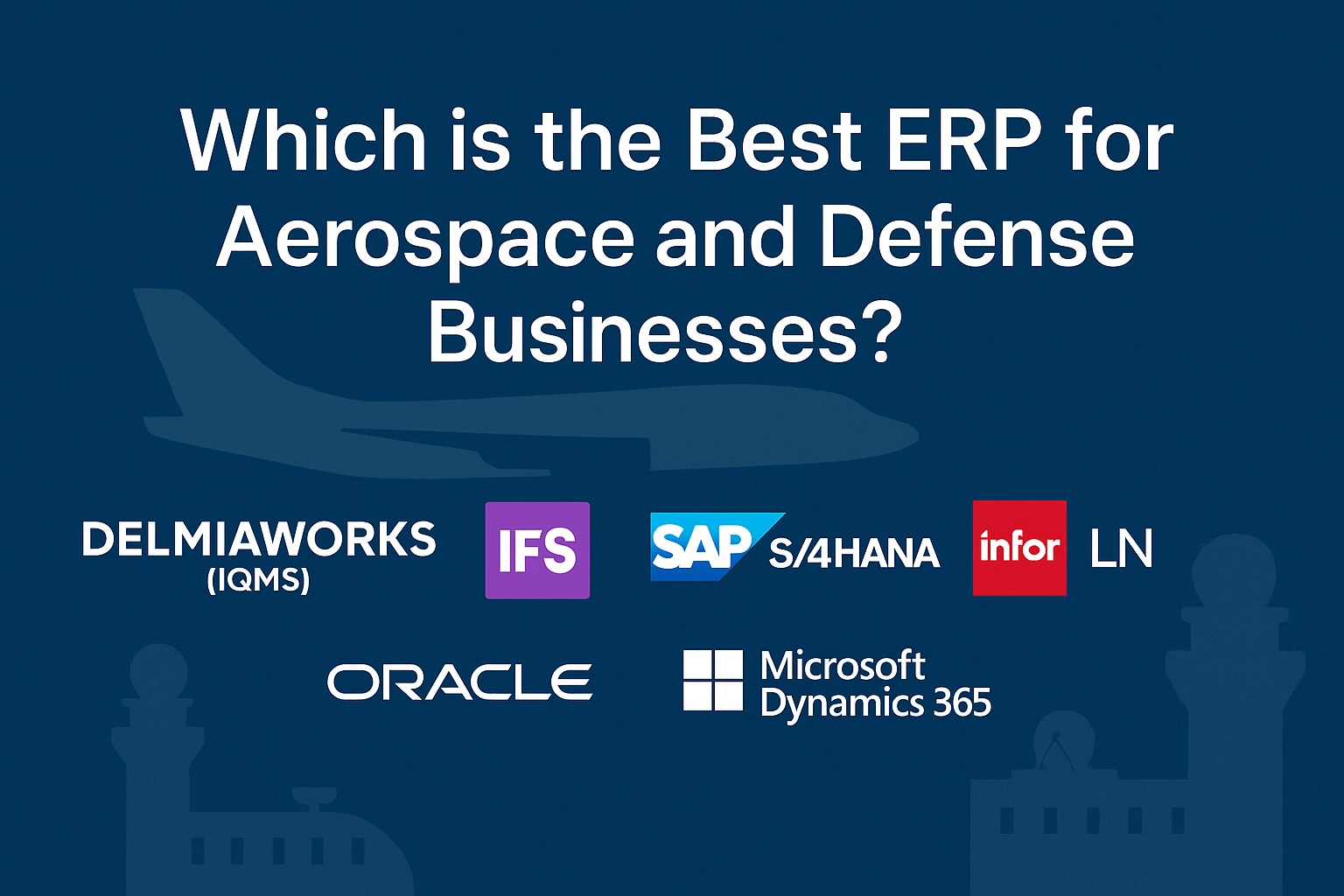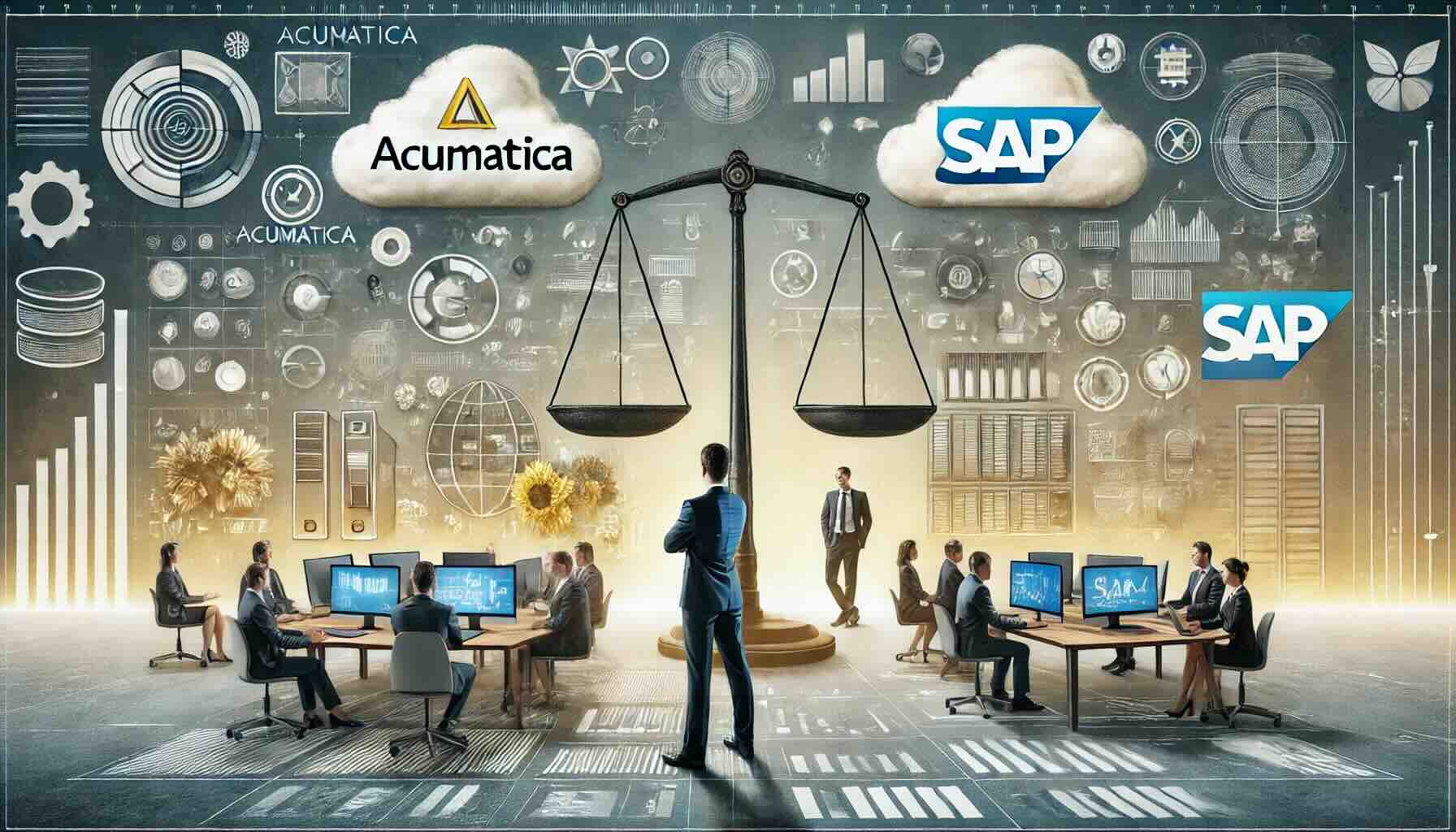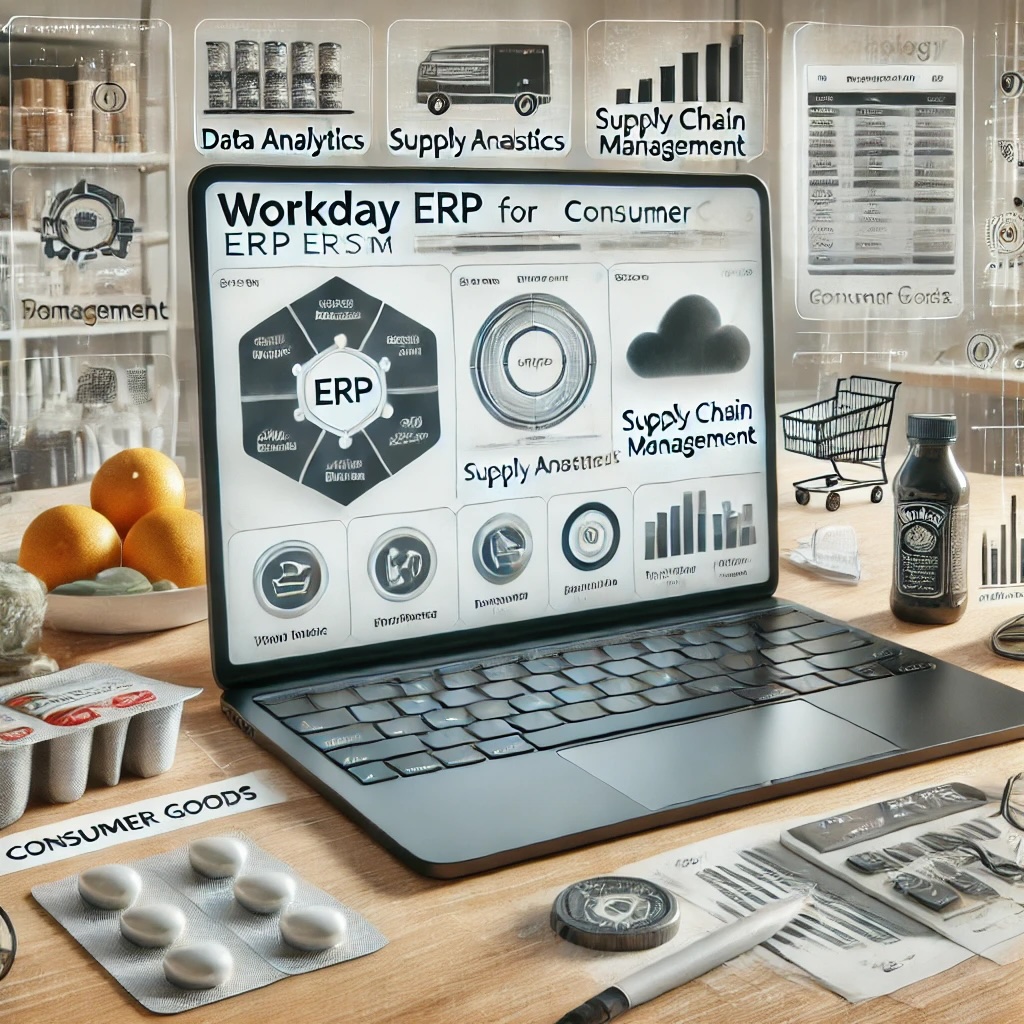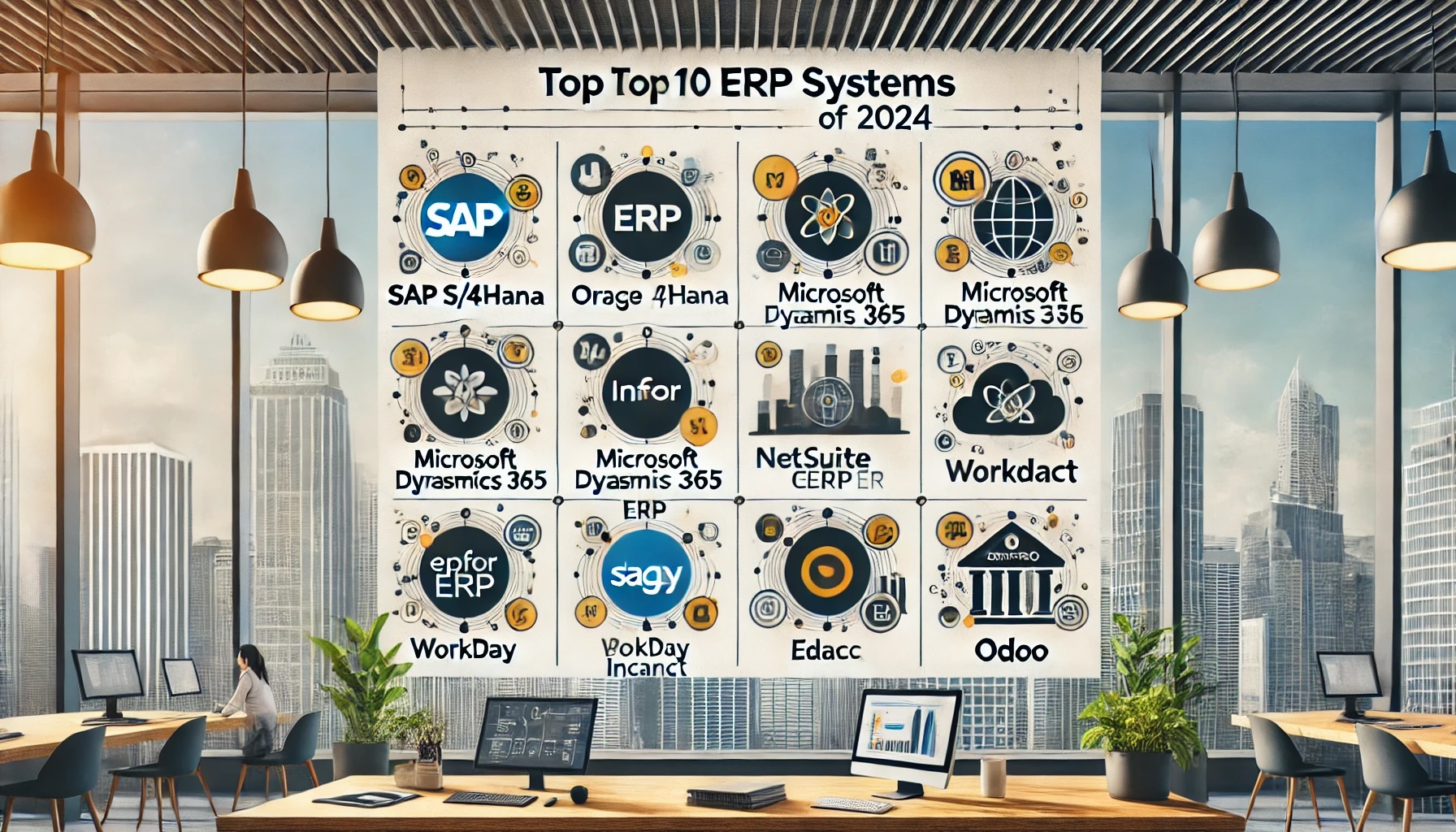Is QAD a Good Choice for Consumer Goods Businesses?
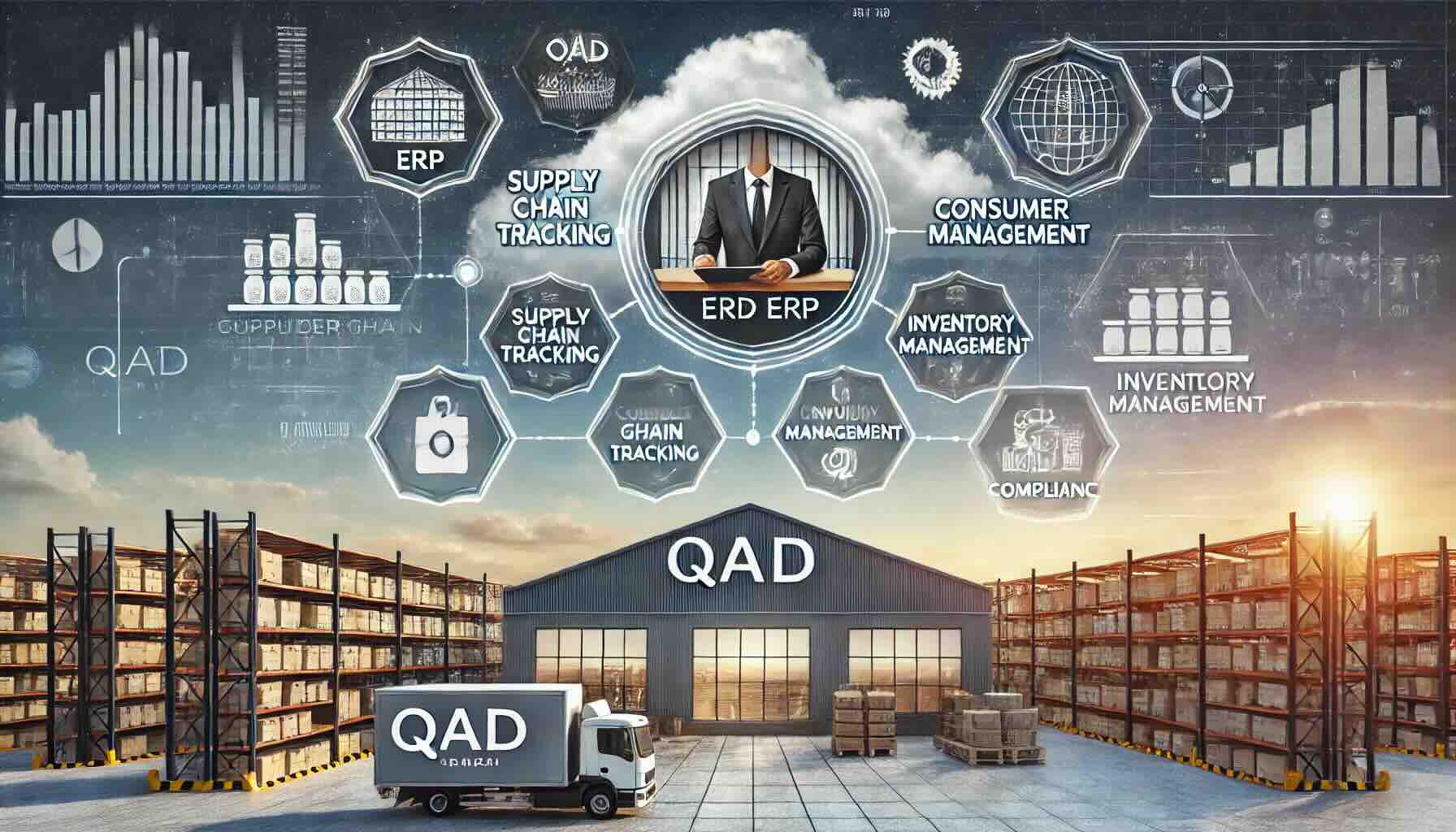
The consumer goods industry is a dynamic, fast-paced sector requiring companies to stay agile, efficient, and responsive to market trends. As consumer demands shift rapidly, having the right enterprise resource planning (ERP) system is critical for maintaining competitive advantage. QAD, a leading provider of cloud-based ERP software, has emerged as a strong contender for businesses in this sector. But is it the right choice for your business? Let’s dive into the features, benefits, and considerations of using QAD for consumer goods companies.
Why Consumer Goods Businesses Need Specialized ERP Solutions
Consumer goods businesses face unique challenges that demand tailored solutions, such as:
- Short product lifecycles: Trends in consumer preferences mean products must be designed, manufactured, and delivered quickly.
- Complex supply chains: Coordinating with suppliers, manufacturers, distributors, and retailers requires robust management tools.
- Strict compliance requirements: Regulations around product safety, labeling, and sustainability are non-negotiable.
- Demand forecasting: Accurate predictions are essential for inventory management and reducing waste.
Given these challenges, generic ERP systems may fall short. A solution like QAD, designed with industry-specific capabilities, could make a significant difference.
Key Features of QAD for Consumer Goods Businesses
QAD is built to meet the demands of industries like consumer goods. Here are some features that stand out:
- End-to-End Supply Chain Visibility QAD offers tools to manage complex supply chains, providing visibility into every step of the process. Businesses can track raw materials, production status, inventory levels, and distribution channels in real time, ensuring smooth operations and timely deliveries.
- Manufacturing Excellence With QAD’s manufacturing module, companies can streamline production processes, reduce downtime, and improve quality control. Its ability to support multiple production models—such as make-to-stock, make-to-order, and configure-to-order—is especially valuable in the consumer goods sector.
- Demand and Supply Planning QAD integrates advanced forecasting tools, enabling businesses to anticipate customer demand and align production and inventory accordingly. This reduces excess stock and minimizes stockouts, improving profitability.
- Compliance Management Consumer goods companies often operate under stringent regulatory requirements. QAD helps manage compliance with features like automated labeling, product traceability, and documentation to meet local and global standards.
- Cloud-First Approach As a cloud-native ERP solution, QAD offers scalability, reduced IT infrastructure costs, and seamless updates. Its cloud capabilities make it ideal for businesses looking to grow or operate across multiple geographies.
- Analytics and Reporting QAD’s embedded analytics provide actionable insights into key performance indicators (KPIs) like sales trends, operational efficiency, and customer satisfaction. Decision-makers can use these insights to refine strategies and improve outcomes.
Benefits of Using QAD for Consumer Goods Businesses
Adopting QAD brings several advantages to consumer goods companies:
- Enhanced Agility In a market where speed is critical, QAD’s real-time data and flexible processes enable businesses to respond quickly to changes in demand, supply chain disruptions, or evolving customer preferences.
- Improved Customer Satisfaction Accurate demand planning and inventory management ensure that products are available when and where customers need them. QAD also supports customer-focused features like faster order processing and personalized product configurations.
- Cost Efficiency By optimizing production schedules, reducing waste, and improving inventory turnover, QAD helps businesses lower operational costs. Its cloud-based model also reduces the need for expensive on-premise hardware.
- Scalability Whether you’re a small consumer goods manufacturer or a multinational enterprise, QAD’s scalable architecture grows with your business. It supports multi-site operations and adapts to increasing complexity.
- Global Reach QAD supports multiple currencies, languages, and compliance standards, making it ideal for businesses operating in international markets.
Considerations Before Choosing QAD
While QAD is a robust solution, it’s essential to evaluate whether it aligns with your specific needs. Here are some factors to consider:
- Implementation Costs and Timeline: Like any ERP system, implementing QAD requires time and resources. Businesses should ensure they have the budget and a clear roadmap for deployment.
- Training Needs: Employees may need training to maximize QAD’s capabilities. Assess your team’s readiness and allocate resources for upskilling.
- Integration Requirements: If your business uses other software tools, ensure QAD can integrate seamlessly with them to avoid disruptions.
- Customization: While QAD offers industry-specific features, some businesses may require additional customizations. Verify if the platform can accommodate these needs.
QAD Success Stories in the Consumer Goods Sector
Several consumer goods businesses have leveraged QAD to streamline operations and drive growth. For example:
- A beverage manufacturer used QAD’s supply chain tools to reduce lead times and improve inventory accuracy, resulting in cost savings and better customer satisfaction.
- A cosmetics company benefited from QAD’s compliance features, ensuring that their products met regulatory requirements in multiple regions while maintaining operational efficiency.
These success stories highlight QAD’s ability to deliver tangible results for businesses in the consumer goods industry.
Final Verdict: Is QAD Right for Your Business?
QAD is undoubtedly a strong choice for consumer goods businesses looking to enhance efficiency, agility, and scalability. Its industry-specific features, cloud-first architecture, and focus on compliance and analytics make it well-suited to the unique demands of this sector.
However, the decision to implement QAD should be guided by a thorough assessment of your business’s current challenges, goals, and resources. Consulting with QAD experts or implementation partners can help tailor the solution to your needs.
In the competitive world of consumer goods, where every advantage counts, QAD can provide the tools and insights needed to stay ahead of the curve. If your business prioritizes innovation, efficiency, and customer satisfaction, QAD could be the perfect fit.
By investing in a robust ERP like QAD, consumer goods companies can not only streamline their operations but also unlock new growth opportunities in an ever-evolving market.
To find out more about QAD you can visit this link.
To compare QAD with 100s of other ERP solutions, you can use our new AI-powered Compare ERP tool. It’s free to use and you get a guaranteed discount on your first year’s licence fees with a referral from Compare ERP.
